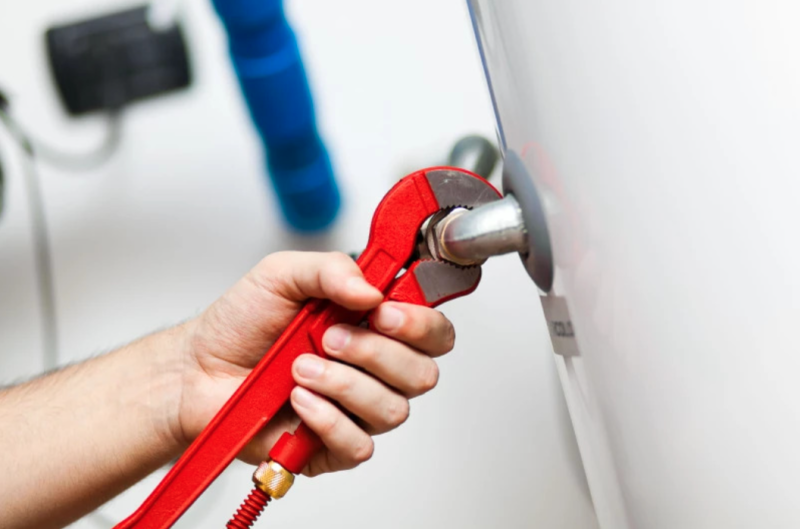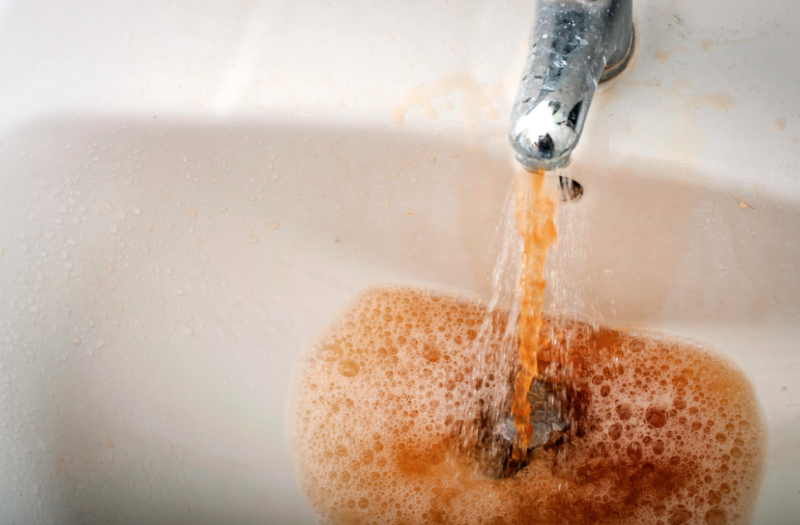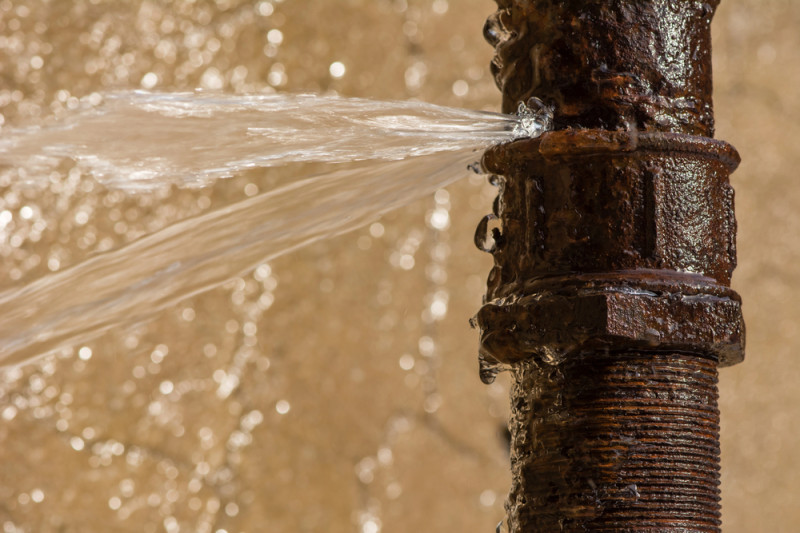There’s nothing quite as frustrating as a slow draining sink. Whether you’re trying to wash up after dinner or brush your teeth before bed, watching the water pool in the basin can be a real pain. But don’t worry — in most cases, it’s an issue you can tackle without calling in the pros.
As your local Perth plumbers, we’ll teach you everything you need to know about fixing a slow draining sink, covering how to fix them, what causes them, and when it’s time to call in your local plumber. We’ll also share some top tips on how to keep your sinks flowing freely in the future to avoid this issue in the future.
Need a plumber to help with your slow draining sink? Swan’s Professional Plumbing is always here to help! Call our friendly team today to get your sink back to working as good as new.
What are the causes of slow draining sinks
Understanding what’s causing your sink to drain slowly is the first step in fixing the problem. Here are some of the most common culprits:
- Hair and soap scum: This is particularly common in bathroom sinks. Hair combines with soap residue to form clogs that can seriously slow down your drain.
- Food debris: In the kitchen, food particles can build up over time, especially if you don’t have a garbage disposal unit.
- Grease and fat: When hot grease or fat is poured down the sink, it can solidify in the pipes, creating a sticky trap for other debris.
- Foreign objects: Small items like jewellery, toothpaste caps, or children’s toys can accidentally fall down the drain and cause blockages.
- Mineral build-up: In areas with hard water, mineral deposits can accumulate in pipes over time, narrowing the passage for water.
- Tree roots: In more severe cases, tree roots can infiltrate underground pipes, causing blockages.
- Damaged or old pipes: Sometimes, the problem isn’t a blocked drain at all, but rather pipes that have become damaged or degraded over time.
How you might be able to fix a slow draining sink
If you want to save a bit of cash, here are some simple DIY solutions you could attempt if your sink drains slowly.
Pour boiling water down your slow draining sink
Boiling water is often the simplest and most effective solution, especially for grease-based clogs. Carefully pour a kettle of boiling water directly into the drain. The heat can help break down soap scum and grease.
Use a plunger to release any blockages that could be causing a slow draining sink
A good old-fashioned plunger can work wonders on many clogs. Make sure there’s enough water in the sink to cover the plunger’s head, then plunge away until the blockage is released.
Use a natural drain cleaning solution to fix your slow draining sink
Baking soda and vinegar form a natural cleaning solution that can be very effective. Pour 1/2 cup of baking soda down the drain, followed by 1/2 cup of white vinegar. Cover the drain with a wet cloth and wait 5 minutes. Then flush with hot water.
Manually remove visible clogs that could be causing a slow draining sink
For visible clogs near the surface, you might be able to remove them manually. Use a bent wire hanger or a drain claw to fish out hair and debris.
Use a plumbing drain snake to fix your slow draining sink
For more stubborn clogs deeper in the pipes, a drain snake (also called a plumber’s snake) can be very effective. Feed the snake into the drain until you feel resistance, then turn the handle to break up the clog.
Try enzymatic cleaners on your slow draining sink
Enzymatic cleaners use bacteria or enzymes to break down organic matter in your pipes. They’re gentler on your plumbing than chemical cleaners and can be effective for ongoing maintenance.
When you need to call a plumber to fix a slow draining sink
While many slow drain issues can be resolved with DIY methods, there are times when it’s best to call in a professional plumber. In a lot of cases, it might also be faster and cheaper in the long run, to call a plumber to fix and diagnose the problem in one go.
If several plumbing fixtures in your home are draining slowly, it could indicate a more serious problem with your main sewer line. Recurring problems that keep coming back after DIY attempts might need a plumber to identify and fix the root cause.
Persistent gurgling sounds or foul odours could also indicate a venting problem that requires professional attention. If you live in an older home with original plumbing, a plumber can assess whether pipe replacement might be necessary.
After multiple DIY attempts fail, it’s time to call in the experts. For example, If you suspect tree root intrusion, you’ll need professional equipment, such as a CCTV drain camera, to diagnose and fix the issue.
What you can do to prevent a slow draining sink
At Swan’s Professional Plumbing, we’re firm believers that prevention is always better than cure, so here are some tips to keep your sinks draining smoothly.
- Install drain catchers: Install mesh screens over your drains to catch hair and debris before they can cause a problem. Be mindful of what goes down the drain, avoiding pouring grease, coffee grounds, or other problematic substances down your sink.
- Clean your drains: Regularly running hot water through your pipes can help prevent the build-up of grease and soap scum. Once a month, use a mixture of baking soda and vinegar to clean your drains naturally.
- Don’t put food scraps down the drain: Use a compost bin or rubbish bin for food scraps rather than rinsing them down the sink. Consider having a plumber perform a routine check-up on your plumbing system every few years.
- Avoid harsh chemicals: Be gentle with your pipes by avoiding regular use of chemical drain cleaners, as they can corrode your pipes over time. Address issues promptly — if you notice your sink starting to drain more slowly, don’t wait for it to become completely blocked before taking action.
Did you know? Swan’s Professional Plumbing members receive a FREE plumbing health check each year. Don’t let a small issue escalate into a big plumbing emergency, schedule your free health check today!
You don’t have to put up with slow draining sinks, call us today!
A slow draining sink can be a real nuisance, but with the right knowledge and tools, it’s often a problem you can solve yourself. Remember, while DIY solutions can be effective for many common drain problems, there’s no shame in calling a professional plumber when you need to.
Our team has the expertise and equipment to handle more complex issues and can help ensure your plumbing system stays in top shape for years to come. So the next time you’re faced with a slow draining kitchen sink or a bathroom sink that’s taking ages to empty, don’t despair. Call your local plumbers at Swan’s Professional Plumbing today!



